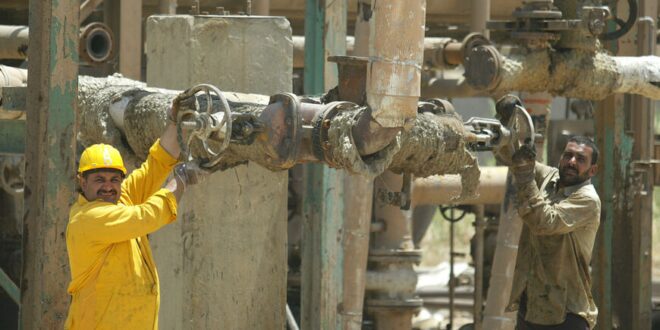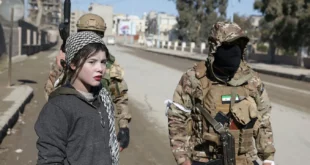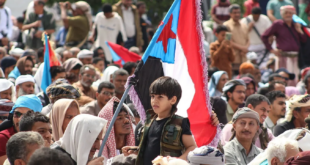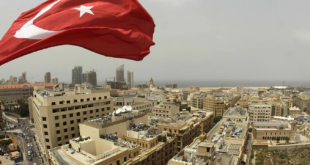Turkey has still yet to restart oil flows from northern Iraq following a controversial court ruling despite efforts by Iraqi and Kurdish authorities. The stoppage is threatening the Kurdistan Region’s oil sector.
Iraq’s state oil company has officially asked Turkey to restart its oil pipeline with the Kurdistan Region, Kurdish authorities said on Thursday. The move comes as international oil companies are again scaling back operations in the autonomous region in northern Iraq due to the dispute.
Background: Turkey stopped receiving oil exports from the Kurdistan Region in March. This followed a Paris-based International Chamber of Commerce ruling that Turkey owed Iraq $1.5 billion for receiving unauthorized exports between 2014 and 2018.
This dispute relates to the Kurdistan Region’s independent oil exports. Baghdad has long opposed the Kurdistan Regional Government (KRG) exporting oil to Turkey. In April, the KRG and Baghdad reached an agreement whereby Iraq’s state oil company, SOMO, will market the region’s oil in conjunction with the KRG.
The oil exports from the Kurdistan Region to Turkey were expected to begin following the April deal, but Turkey has yet to give the green light. The reasons why are unclear. Iraq expert Bilal Wahab told Al-Monitor’s On the Middle East podcast that Turkey may be seeking pledges that Iraq will not seek further compensation for accepting the Kurdistan Region’s oil during periods not covered by the International Chamber of Commerce ruling.
What happened: The KRG said on Thursday that it had reached an agreement with the federal Iraqi government on the resumption of oil exports from the region. As a result, SOMO asked Turkey on Wednesday to begin receiving oil again via the Ceyhan port.
The Turkish government did not immediately comment on the news.
Why it matters: The stoppage of oil flow is threatening the Kurdistan Region’s oil sector. One oil worker told Al-Monitor in April that the oil fields “will continually decline” if they are not drilled regularly.
Also on Thursday, the Norwegian oil company DNO said it is reducing operations in the Kurdistan Region due to the uncertainty of the dispute with Turkey.
“Given the uncertain timing of export resumption and, importantly, of payments by the Kurdistan Regional Government for previous oil sales, DNO has scaled back [spending] in Kurdistan, including drilling,” the company said in a statement.
On Wednesday, Canada’s ShaMaran Petroleum said its “operating partners are significantly deferring planned capital expenditures” in the Kurdistan Region due to the stoppage.
Under normal circumstances, the Kurdistan Region exports 450,000 barrels a day to Turkey via Ceyhan, while federal Iraq exports 70,000.
Other international oil firms stopped operations in the Kurdistan Region in March for the same reason.
Both the KRG and the federal government are heavily dependent on oil revenue.
Know more: The KRG statement on asking Turkey to restart oil flows came during Iraqi Prime Minister Mohammed Shia al-Sudani’s visit to the Kurdistan Region to attend the opening of the Barzani National Memorial. The memorial commemorates the “struggle for Kurdish freedom,” according to the Kurdish news outlet Rudaw.
The visit could be a sign of improved relations between the KRG and the federal government following the oil dispute and historic tensions related to the Kurdish struggle for independence.
 Eurasia Press & News
Eurasia Press & News




